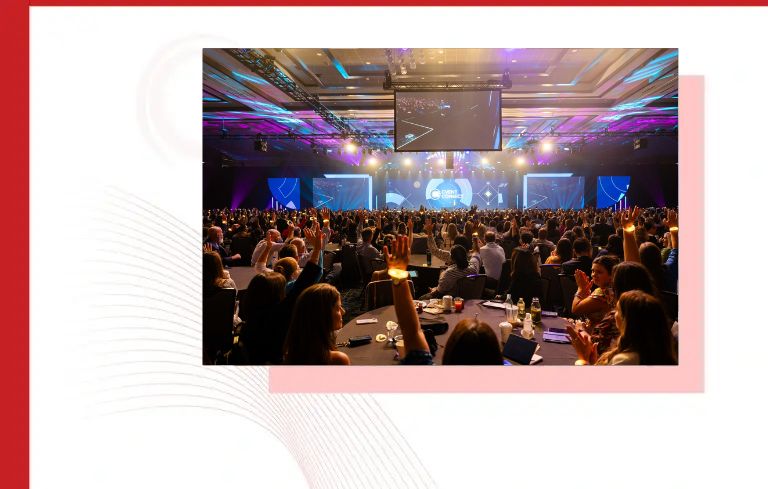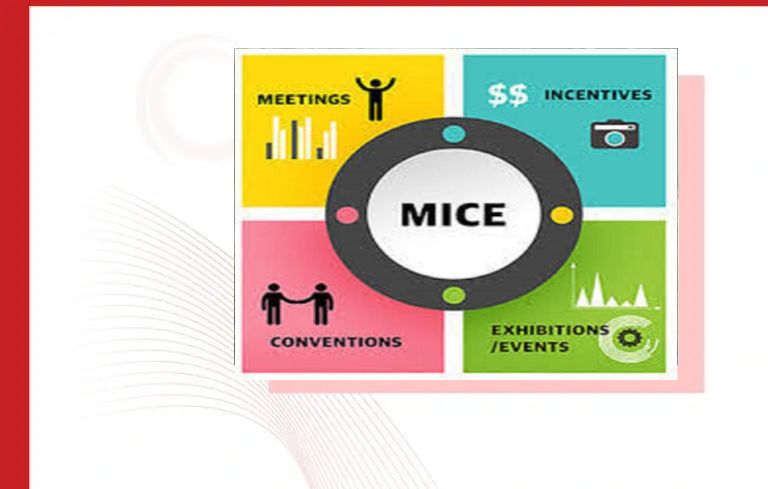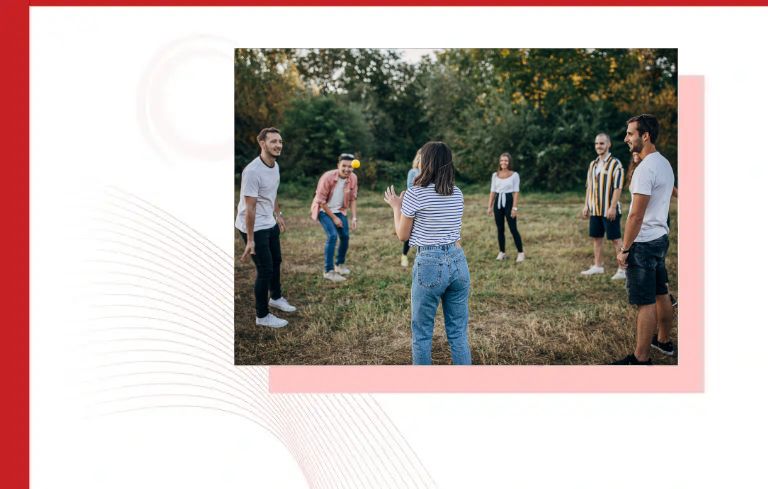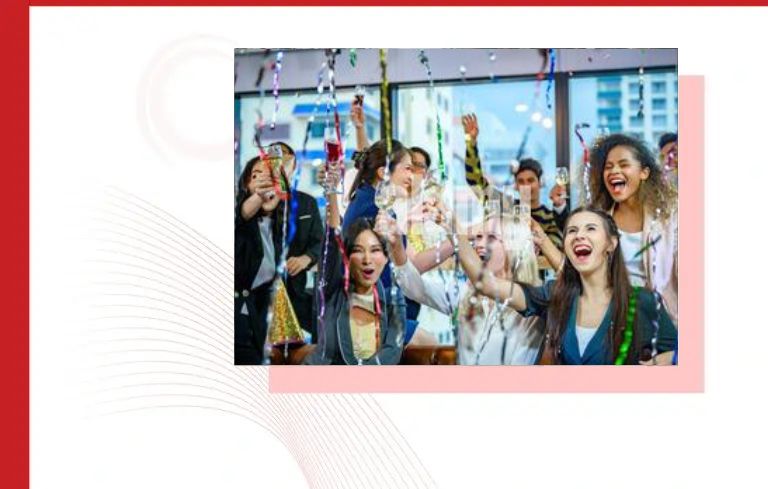Get inspired with exciting college event ideas and expert tips for planning memorable festivals and events. From themed parties to talent shows, make your college gatherings unforgettable.
Most Important college event ideas
If you are part of the team for your college festival, you often find yourself in a position where you are asking yourself questions like ‘Why I am even doing this shit?’ or ‘In what ways can this actually benefit me?’ or ‘Is this going to help me acquire some skills or get a job?’
Tips for organising a successful college event
The answers to these questions are not so simple. If done right, working in a college festival can act as a huge learning experience, not just for your professional career but for your life. But looking at the data, not many people seem to have done it right. In fact, a majority of people who work for their college festival seem to do it for the primary purpose of ‘social bonding’. Now, there is absolutely no harm in that.
But if that is the foremost reason for you being a part of the team, do not expect to get anything out of the experience apart from new friends and a bunch of parties.
The way I see it, organising a college festival is the closest thing to your professional career. While you are still in college, also gives you a tremendous amount of freedom in deciding what roles do you want to pick. I was a part of the team for Alcheringa, the cultural festival of IIT Guwahati and had a terrific time during the learning phase. We tried to put my hand into as many teams and things as I could to make the most of the opportunity, and it has taught me more than anything else while I was in college.
Here is my take on the best practices that can be followed to make your festival a massive success.
But why do we even organise the festival?
First, let’s delve into the ‘why’. Essentially, college festivals cater to two types of people:…
A. Team-
Yes, the biggest reason for organizing a festival is ‘you’. The primary purpose of any college festival is to give their own students exposure to the outside world and help you learn a wide variety of skills while you are still in college. No matter what artists or footfall you get, if you fail at providing a kick ass learning experience to your own team, you have already failed. Make sure you push your team beyond their limits, amidst all the rush and drama.
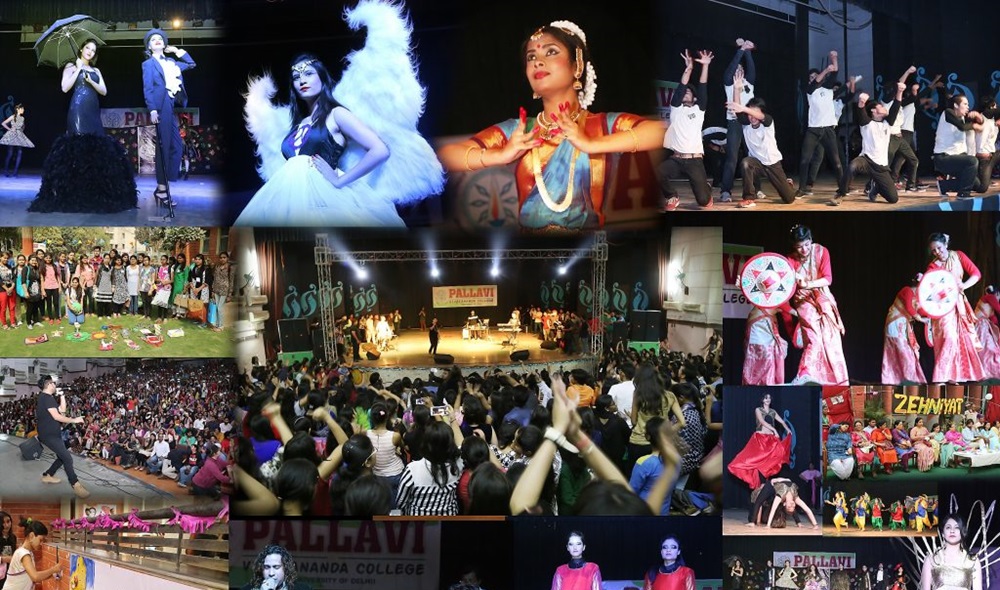
B. People–
A much smaller reason for organizing the festival is your audience. Your footfall, Your followers, and your participants. Making sure that they get a top-notch experience during your festival should be the second most important thing after the team. Customer satisfaction and happiness are what drives any organisation in the long run. Every single person that walks out of your festival should be telling every single friend of theirs how awesome their experience and your management were.
1. Make things a bit formal-
One thing unique about college festivals is that there is a fresh team every year. It can either take the festival to new heights or completely fuck it up. Hence, it is important to make things more process-dependent than people-dependent. Amidst all the worst things, you need to make sure that you are constantly making long-term plans for everything. So that the important things always get the attention they deserve.
For example, (informally) telling one of your juniors to think about some social initiative for the festival might not work as efficiently as forming a dedicated team/group for social initiatives.
Similarly, defining monthly targets, writing down your organization’s values, making cheat-sheets for different things, having some office hours per month and organising scheduled meetings with a meaningful agenda can all go a long way in giving direction to your team’s hard work. A senior once told me, ‘If there existed a parallel world where the same team would be conducting the festival for 10 years straight,.
We would be witnessing a way better festival right now.’ Making things formal and documenting stuff is the only way you can decrease this knowledge gap and make things easier for future teams. Try to keep the organisation as transparent as you can to build a great team culture. More importantly, learn from the mistakes of your previous teams; you won’t have enough time to make them all yourself.
2. Think from zero
One of the most difficult things for any team to do is to refrain from blindly following the previous team’s work and thinking from scratch. Organizing another boring festival that is only marginally different from your previous edition is of no use. You have to be bold enough to try new things and discard the previous unsuccessful ones.
I have personally witnessed so many good ideas and events not being implemented. Because they are new, and the team thinks that they don’t have the bandwidth for it.
Since most of their time is sucked in focusing on multiple bad ideas/events being blindly followed year after year,. Have a review meeting at the end of every festival, where you analyse the success and failures. And accordingly, scrap a few things, restructure the team and define fresh goals.
Stop taking things too seriously.You have to unlock new and amazing events and initiatives and set an example for every other college festival team in the country. Quality beats quantity, any day. Try to avoid getting into the trap of — more events, more participants, ‘more’ of everything.
If you’re focusing on ‘quality’, you’ll be able to scale more efficiently with time without compromising on customer experience. Get the small things right. And the only way to get small things right is to plan more. There’s nothing heroic in doing everything at the last minute.
3. Make room for your ‘round pegs.
There are always these ‘few’ people on your team who like to put in extra effort and do amazing things. They are ones who not just complain but also ‘change’ things. They try to make sure that every small thing is implemented in the best way possible. Often, this 10 % of the people are the ones who make happen 90% of the festival.
And hence, a big performance metric for any festival should be — how many roadblocks can you remove for these round pegs so that they can do outstanding things.
Most people learn it the hard way, but the culture and productivity (and not ‘size’) of your team play a huge role in governing your success. Try to keep the team as small and amazing as possible, since those ‘extra’ people bring more damage than you think and can bring down your entire team culture.
Form a separate ‘coordinators’ team in the last month of the festival. For all the extra burden that you think you’re going to have, rather than making these people a part of your main team. ‘Idealism is the starting point to greatness.’
4. Don’t fuck with your inter-team coordination
There’s no point talking about what an amazing job your team did if the overall festival was a failure. If you are the guy who is making a registration portal/app, why not talk to the marketing guy and put a few sponsor logos, coupons, and games on it?
Or why not talk to the PR guy and put in a system where they can send updates and emails to the participants? Similarly, if you are the guy who is responsible for events, why not talk to the marketing team about the possibility of sponsoring specific events? Try to avoid these ‘gaps’ between multiple teams so that you can do things better and make everybody win.
So basically, whenever you are doing something for the college event , ask yourself, How can other teams benefit the most from this? Another hack is to form small alliances between teams for specific things so that they can work with each other more closely.
For example, you can have a dedicated ‘customer experience’ team that comprises one each of a PR, events, design & marketing guy so that they can draw out the entire customer journey during the festival and work towards making it better. same goes for having an ‘artist happiness’ team or a ‘social initiative’ team.
5. Use your resources wisely
It’s often easier to get ‘resources’ from sponsors than hard cash, but that requires thinking from your side. Try to be more and more innovative when it comes to spending your resources. Always keep in mind that money is not the only resource that you are playing with.
If you are getting a known Bollywood singer for your pro-night, why not organise a competition where the winner gets to meet him on stage? Or another online competition where the winner gets signed festival-merchandise from him? A lot of times, we underestimate these ‘indirect incentives’ that we can give to our audiences and participants and keep complaining about the shortage of cash that we have.
For example, having a partnership with a cultural institute to give internships to your winners might be much more valuable to them than some petty cash. Or how about getting your ‘famous’ title sponsor to post about the winner of your flagship competition on Facebook so that they can get some recognition among those lacs of social media followers and grow as an artist? But wait.
Do you remember the first point in this article about ‘making processes’? So why not make a dedicated team for ‘Incentive Management’ that is responsible for coming up (and implementing) all these college event ideas?
6. Learn more and teach more about college event

Most important of all, amidst all the chaos and all the noise, do not forget to grow not just yours but your team’s skills. Have dedicated ‘teaching’ sessions in place so that people who are good at something can share their secrets with more people. That one guy who writes kick-ass emails can help 50 more people write better emails.
The one guy who is a great negotiator can let others know how he does it so that they can close more deals. That one guy who always comes with new innovative ideas can motivate a full room of people to come with more.
Your team is the reason that you are working on this festival. And everybody should be provided a platform to learn diverse skills that they can benefit from. Every person has a different reason for joining the team.
And if you are one of the heads, make sure that you know this ‘reason’ for every member that you include in your team so that you can make sure they are able to grow in that direction. Another great way to increase knowledge is to talk to more and more alumni and professionals outside of college. So that they can tell you better about all the things the team could learn in order to benefit more in the future.
7. Under Promise, Over Deliver
Last but not least, this is the underlying rule for customer happiness in any organisation. Apply this to your participants, your team and your audience. Whenever you promise them something, try to give them a little bit more. The prize for winning the fashion event might be only a few thousand bucks, but if you can ask the judge to upload a selfie with the winner, it might help the winner get a few shows somewhere.
The sponsor might have asked only for his banners to be put on the stage, but if you can make a short reference to them in the funny viral video that you are making, they might get happier.
The audience coming from a different city might have only asked for accFommodation, but why not give them a one-page brochure about the places that they can visit on your campus or city? When you thoroughly screw up, why not send across a handwritten apology card to your participant, with the festival and sponsor logo at the back? Or better than all — Remember the first point?
Why not make a small ‘customer happiness’ team from within your team that can come up with and implement these ideas in the festival or college event?
Final Words:
Do not be afraid to step out of your primary role and explore more. I was a part of the events team. But when I wanted to learn to code,. We made tens of portals for Altering without anybody telling me to, and eventually the main website later on. When I wanted to organise a Guinness World Record, I pushed the entire team to help me do it.
When I wanted to learn some design, I started making website mock-ups, posters, and videos for small things. There’s not a single skill that I can think of that you cannot learn or apply to the festival. Just don’t make the mistake of waiting for opportunities. You already have the festival with you, so just go ahead and do whatever you want with it.
I have always looked at the cultural festival as a platform and not as some ‘family’. You get to play with an organisation that has been built over the past so many years and grabs millions of eyeballs.
A small change that you bring in could hugely impact a 4-day experience for thousands of people coming to the festival and your entire team. You could literally come up with any proposal to be implemented during the festival, and nobody would stop you from doing it. You can learn, experiment, grow your network and build credibility at the same time.
📞 Call: +91-9810617123
📧 Email: sales@hire4event.com
🌐 Visit: www.hire4event.com
📍 Address: 214, ABC Tower, Sec-135, Noida-201301

